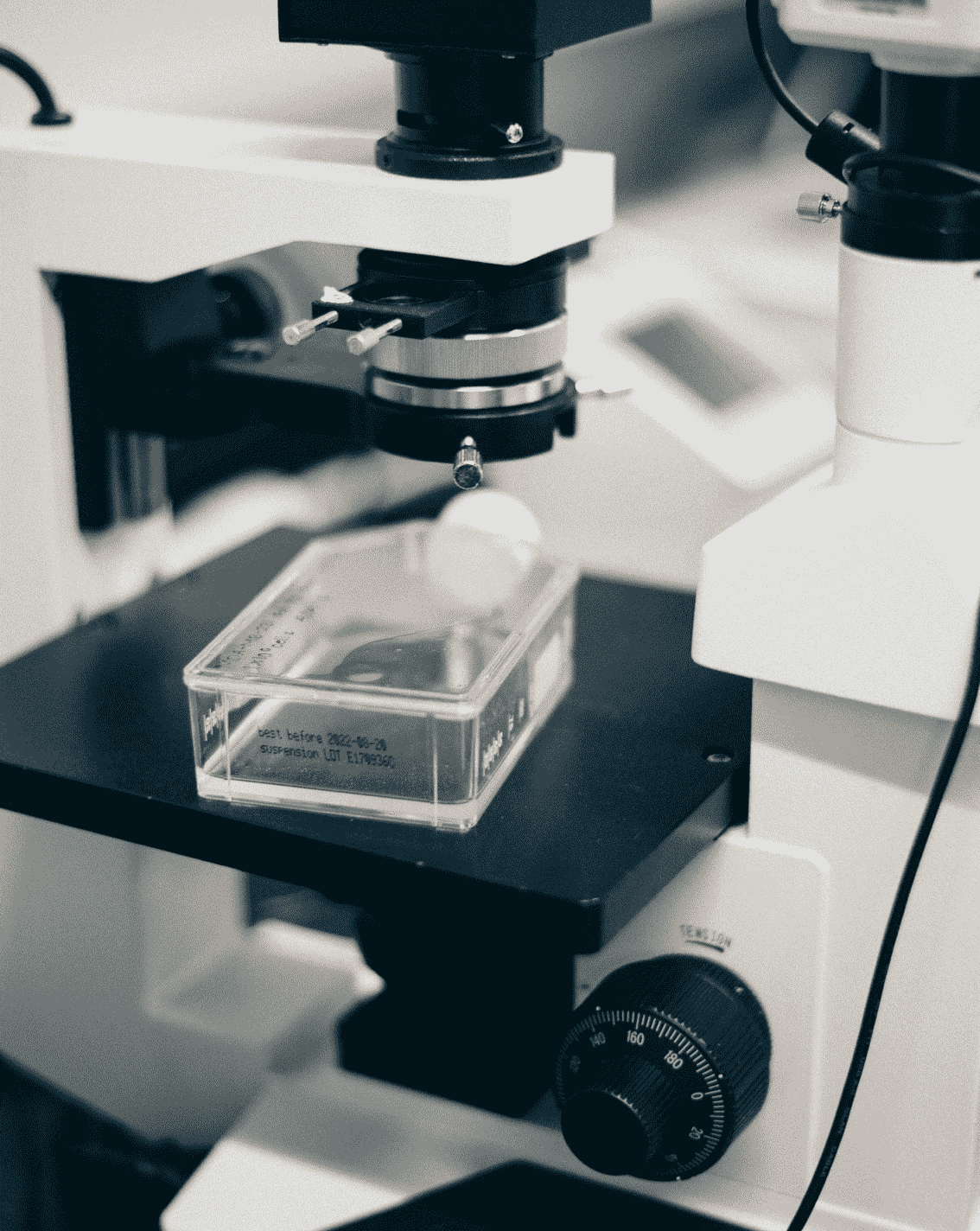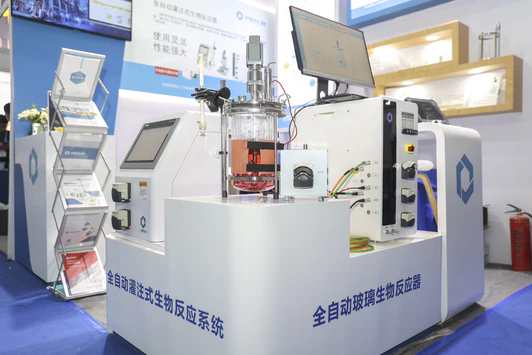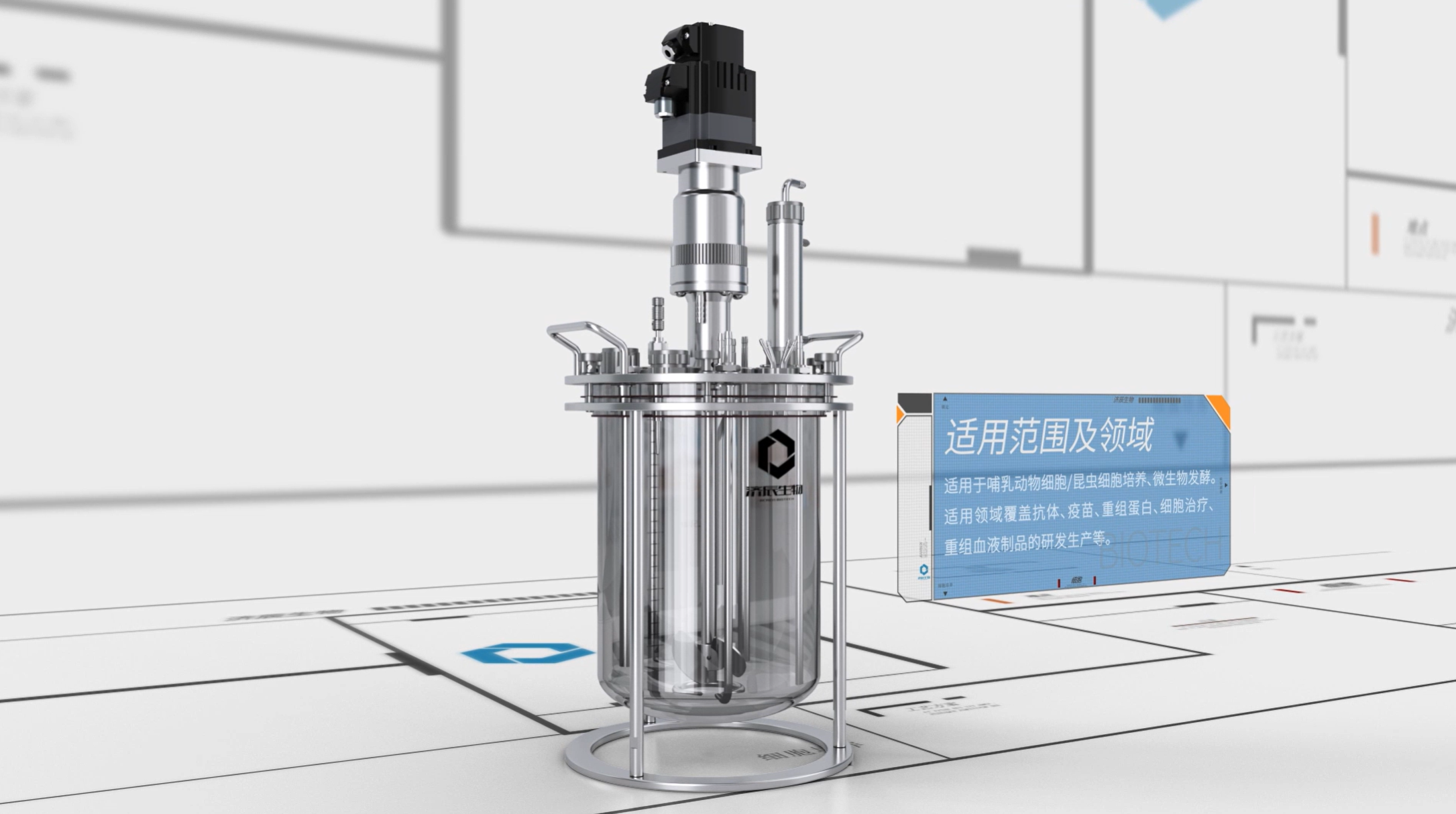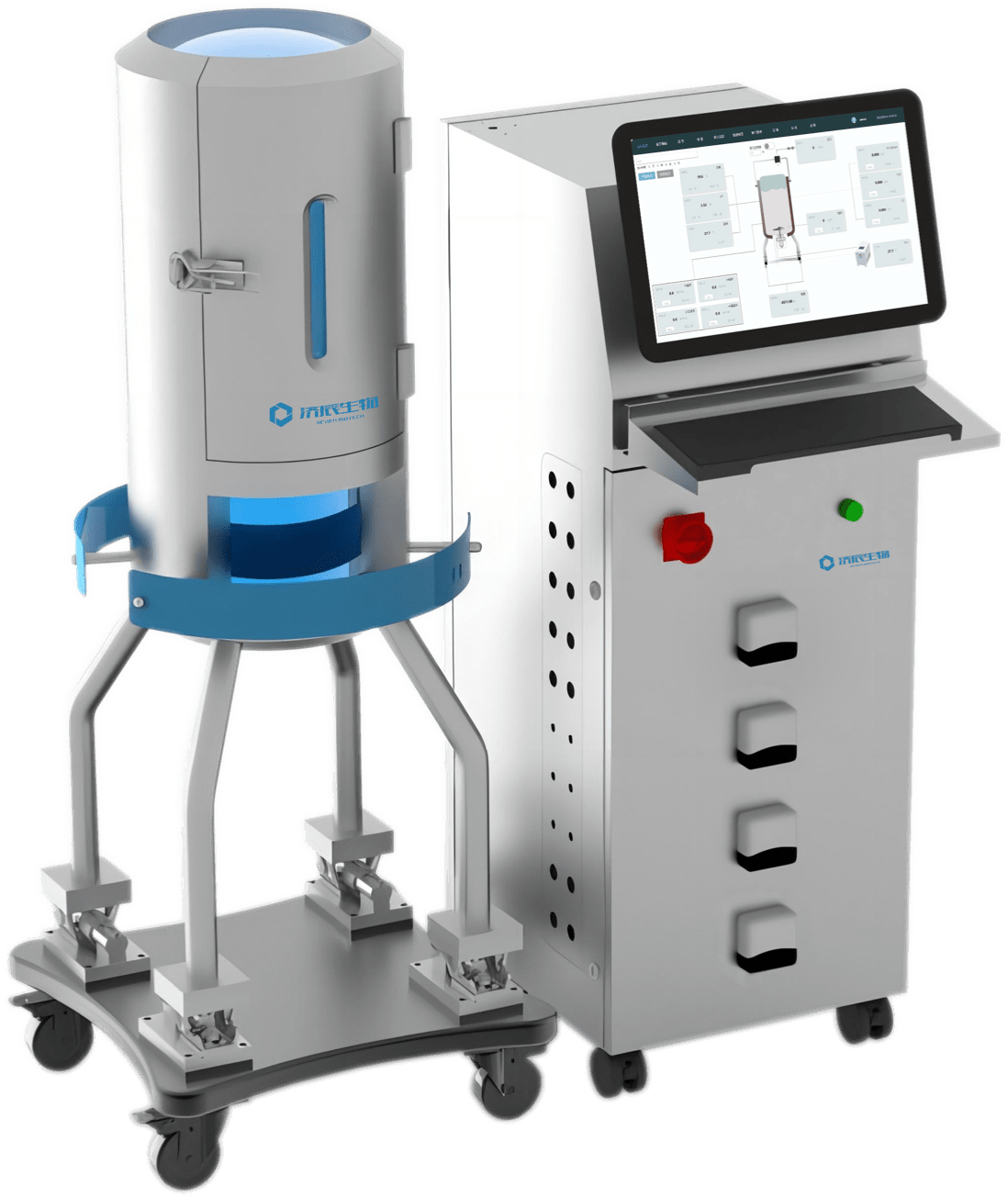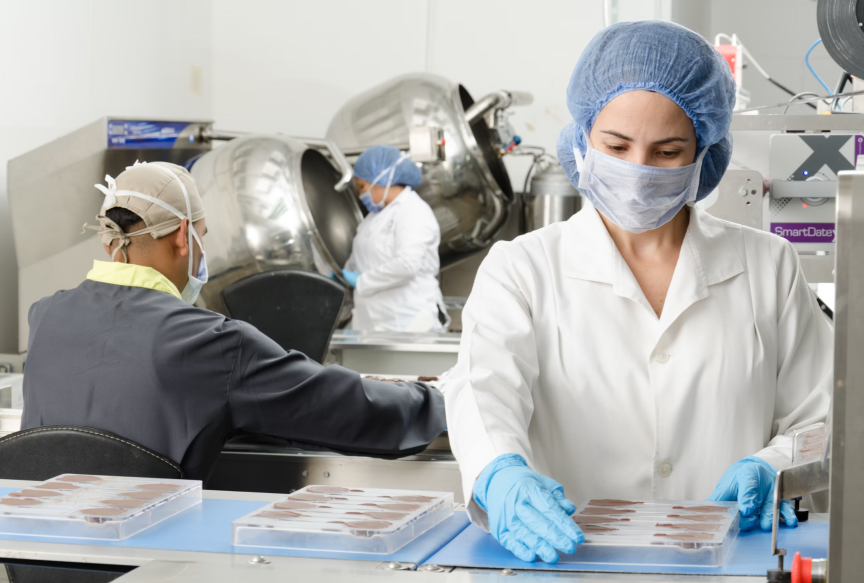Fermentation technology, as an ancient bioengineering technology, has a wide range of applications in the modern pharmaceutical industry. This paper mainly introduces the importance of fermentation system in the pharmaceutical industry, the classification of fermentation system, the key factors in the fermentation process and the application examples of fermentation system in the pharmaceutical industry.
Fermentation technology refers to a kind of bioengineering technology that utilizes the metabolic function of microorganisms to produce useful substances on a large scale by controlling fermentation conditions. Fermentation technology has a pivotal position in the pharmaceutical industry, and the production of many drugs is inseparable from the fermentation process. In recent years, with the continuous development of biotechnology, the application of fermentation system in the pharmaceutical industry is more and more extensive, which has brought great economic benefits to China's pharmaceutical industry.
Classification of fermentation systems
Based on the type of microbial metabolism in the fermentation process, fermentation systems can be divided into the following categories:
1. Yeast fermentation system: mainly used for the production of alcohol, vitamins, organic acids and other substances.
2. Bacterial fermentation system: used for the production of antibiotics, amino acids, enzymes, and so on.
3. Mold fermentation system: used to produce antibiotics, enzymes, organic acids, etc.
4. Mixed Bacteria Fermentation System: Co-cultivation of different species of microorganisms for the production of compound drugs.
Key factors in the fermentation process
1. Strain: Choosing the right strain is the key to successful fermentation. The strain should have the following characteristics: fast growth rate, high product yield, good genetic stability and adaptability.
2. medium: medium is the basis for microbial growth, and its composition has an important influence on the fermentation process. The medium should be reasonably configured according to strain characteristics and product requirements.
3. Fermentation conditions: including temperature, pH, dissolved oxygen, stirring speed and so on. During fermentation, these conditions need to be strictly controlled to ensure the normal growth of microorganisms and product yield.
4. Contamination control: During fermentation, contamination by stray bacteria needs to be prevented to ensure the stability of the fermentation system and the quality of the product.
Suggestions for the development of China's fermentation and pharmaceutical industry
1. Strengthen the construction of strain resource base, screening high-yield, high-quality, anti-pollution strains.
2. Optimize the fermentation process and improve the automation and intelligence of the fermentation system.
3. Develop green fermentation technology, reduce production cost and improve product quality.
4. Expand the application fields of fermentation products and improve the added value of products.
5. Strengthen the cooperation between industry, academia and research, and promote the technological innovation of fermentation and pharmaceutical industry.
In short, fermentation system has an important position in the pharmaceutical industry. With the continuous development of biotechnology, fermentation technology will bring more innovations and breakthroughs to China's pharmaceutical industry. China should seize the opportunity to increase research and development efforts to promote the fermentation pharmaceutical industry to a higher level.
